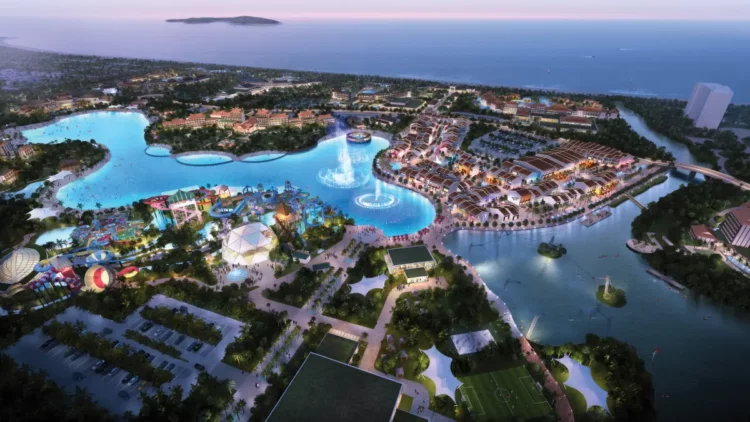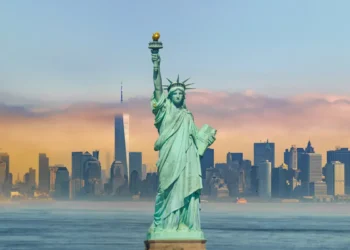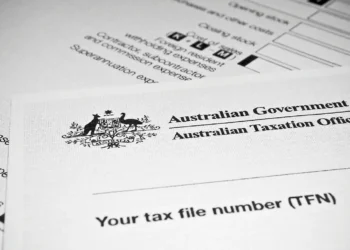I was recently asked by someone working at a foreigner-only casino for my thoughts on the outlook for the Asian gaming industry.
That’s quite a wide-reaching question with dozens of moving parts, but it got me thinking specifically about how the region’s foreigner-only casinos – namely those in South Korea and Vietnam – have shaped up in a post-COVID world. (Cambodia is also foreigner-only in theory, although the rules are policed loosely to say the least.)
I have offered my thoughts before on the foreigner-only model and why those operating in such an environment, without the baseline support of locals, will always be vulnerable to both natural and geopolitical headwinds. And I am not alone, with industry consultant Andrew Klebanow telling IAG at the height of the pandemic in mid-2021 that such jurisdictions will “always be vulnerable to similar crippling events.
“Every country in East Asia that prohibits its citizens from entering casinos will never enjoy the economic impacts that integrated casino resorts can have on a nation,” he said.
Yet fast forward four years and, the way I see it, there is some reason for optimism.
If there is one positive to come from the COVID-19 pandemic, it is that it has taught us the value of experiences. Having been stuck on the couch for so many years, we seem to have developed a far greater appreciation for human interaction. Perhaps this is why we are traveling the world in record numbers and in many cases treating ourselves to a little luxury along the way. New adventures, new connections and new cultures are the encounters we crave.
This opens a door for foreigner-only casinos – particularly those housed within large-scale integrated resorts like Korea’s Paradise City and INSPIRE or Vietnam’s Hoiana or Ho Tram – to attract whole new generations of tourists. That both nations happen to be renowned for their unique cultural offerings doesn’t hurt either.
It still rings true that casino destinations restricted to foreigners remain vulnerable to the whims of the natural world – and as Korea’s INSPIRE has shown, it takes time to establish yourself in a restricted market – but we should not ignore the impressive rebound enjoyed by the likes of Paradise Co, which has reported record revenues and profits since the country’s borders reopened.
Likewise, Ho Tram – located about two-and-a-half hours east of Ho Chi Minh City – has reinvented itself as an event-driven property. Ho Tram’s remote location hasn’t made life easy since its 2013 opening, but the addition of professional boxing, mixed martial arts, fashion shows and beauty pageants to its entertainment mix – all while promoting its stunning beachside location and world-class golf course – has by all reports provided a runway to profitability.
This post-COVID world has undoubtedly served up a once-in-a-lifetime opportunity for Asia’s foreigner-only casinos to carve out their niche in an increasingly competitive segment of the regional tourism industry. The question now: who has the vision to seize it?






























